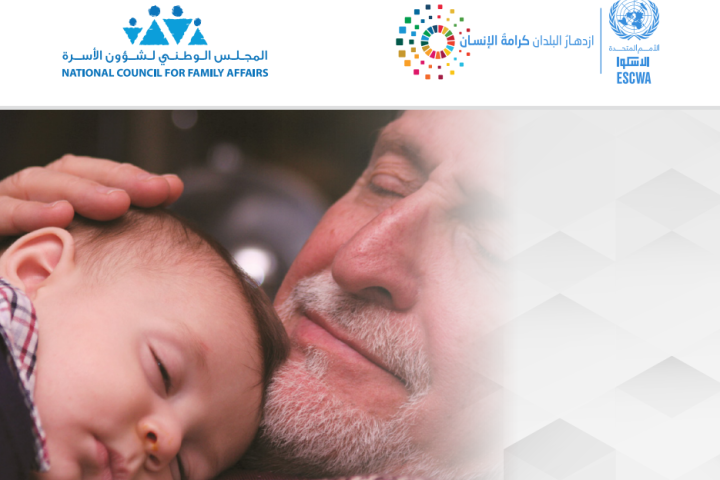The Arab region faces a window of opportunity that, once seized, could greatly contribute to its social and economic development. Such an opportunity lies in the increase of the number of youth, which represent the biggest proportion of Arab communities currently. The Arab region has witnessed an unprecedented increase in the number of youth (especially 14-25 year-olds), which rose from 33 million in 1980, to 66 million in 2005, i.e. almost 20.6 per cent of the total population. Forecasts estimate that this number may add up to 78 million by 2020. According to "The Millennium Development Goals in the Arab Region 2007: A Youth Lens", this surge is related to the demographic developments of the region since the 1980s.
Economically speaking, this surge seemingly represents a challenge to governments, which are required to provide education and employment to more people. This carries certain financial risks, especially to countries suffering from debts such as Lebanon and Jordan. However, this surge carries the seeds of economic and social growth over the short and long terms. It represents indeed a golden opportunity, if economic and social policies succeed in integrating this social strata and releasing its potential. What is remarkable is that young people of the Arab region are more educated than their predecessors. Such a change has a positive effect over economic and social development in the Arab region in general, especially if Arab policies succeed in creating the adequate circumstances and the right political environment that favours saving, investment, creativity, and employment creation.
The success in the implementation of the Millennium Development Goals, (MDGs) in the Arab region depends to a big extent on the response to the needs of youth. Disparities among Arab countries reveal the importance of doubling the efforts of regional cooperation in this filed, in addition to South-South cooperation. Investing in raising the level of youth education, and encouraging them to take part in the political, social and economic development could improve the quality of their lives and affecting the generations to come. Not appreciating this human wealth, on the other hand, will be synonymous with wasting a precious human resource and subjecting economies to aggravated unemployment and instability.




